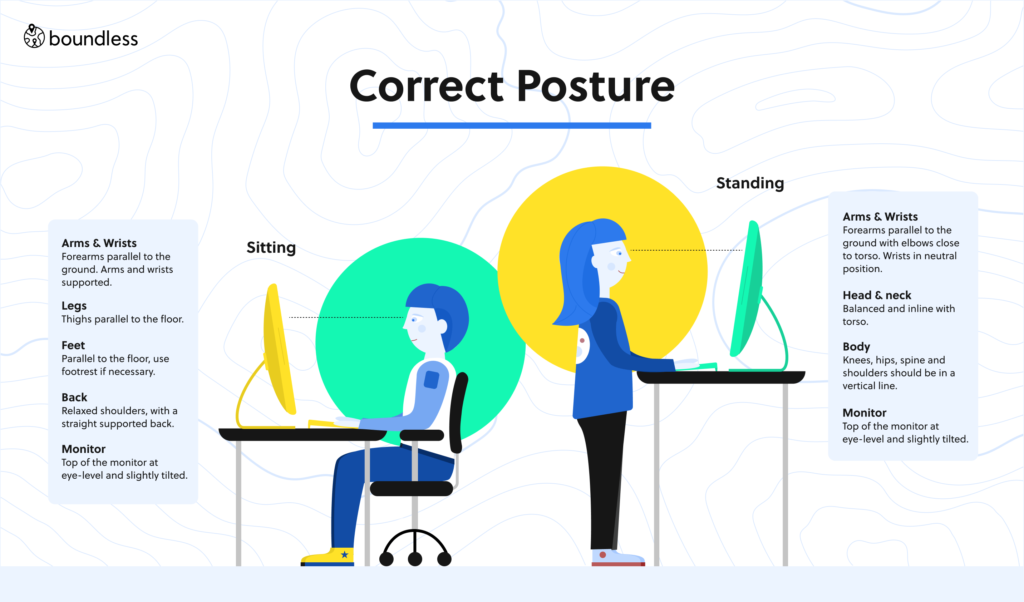

Even before COVID-19, work from home had been growing in Brazil. While many companies now implement a hybrid model with flexible location, including one to three days from home weekly, others have established full remote-first models. The term home office and trabalho a distância are very common in Brazil to describe those working away from the office.
In 2018, the Brazilian Labour Reform recognised remote work, which is defined as services rendered predominantly off the employer’s premises, using information and communication technologies. Although many points are still left to be addressed, such as the financial responsibility for the equipment and the office set-up, the recognition of remote work was a big step in the Brazilian Labour Regulations and has legitimised the path for those who do or would like to work from home.
A right by law to request telework is not extended to employees; however, arrangements can be made if the employer and employee mutually agree. Employers, on the other hand, can impose work from home on employees during emergency cases, such as calamities and pandemics, to guarantee the physical integrity of the employee and also retain the right to require the employee to revert to onsite work. In this context, employers must warn employees of changes at least 48 hours in advance.
The employment agreement must be amended to reflect the new work arrangement within 30 days of being approved. The law doesn’t specify who is responsible for the costs related to the set-up, maintenance of the workspace, and the tools the employee needs for work. Therefore, such agreements must be addressed on the employment contract within 30 days of implementing remote work.
The government is currently analysing the implementation of additional clauses to the telework laws to clarify grey areas, such as placing the burden of the costs of setting up a workstation and providing the necessary work equipment on the employer. However, companies requiring employees to work from home should be providing employees with the necessary tools to perform their work.
Since employers have neither control nor access to an employee’s home the same way they do when it comes to offices, the responsibilities imposed on them by the government in regards to health and safety are lessened. Instead, employers have the obligation of instructing and guiding employees when it comes to creating a safe and ergonomic workspace and avoiding occupational diseases and accidents. Those instructions must also be shared in writing with the employees, who in turn must sign this term of responsibility to acknowledge their own responsibility for their health at home and also to confirm they agree and understand the safety instructions and the risks for working from home.
Workers must inform employers of any work-related incidents or injuries that occur while working at home.
Currently, there are no official regulations regarding privacy, security, and confidentiality of data in the remote workspace. However, in August 2020, the GDPR equivalent came into force in Brazil, known as LGPD (Lei Geral de Proteção de Dados Pessoais). The LGPD requires employers to keep sensitive and personal information (company’s, client’s, and employee’s) secure whether the employee works from an office or home.
Some recommended actions companies can take to keep information securely stored and exchanged are educating and training employees on the importance of handling the data securely, implementing VPN and antivirus, and requiring employees to use only secure and private Wi-Fi networks.
There are no official regulations regarding workspace guidelines for teleworkers. However, it’s good practice for employers to provide guidance on what a safe home office environment is, which includes instructing employees on setting up ergonomic workstations, maintaining good ergonomic practices, and providing a health and safety checklist for those working from home.
An appropriate workstation will include the following:

The Labour Regulations regard all employees as the same regardless of where they work from. Remote workers have the same rights as office employees do in regards to employment. They are entitled to the 13th month salary, vacation and vacation bonus, FGTS contributions, and notice period, amongst others. However, one condition that does change for remote workers is that they are exempt from having their hours tracked and aren’t entitled to overtime, provided that the company hasn’t opted for monitoring working hours.
Another right that remote employees lose that is important to highlight is their statutory benefit of transportation allowance. If employees don’t commute to an office, employers aren’t required to provide the benefit. As for the meal and food vouchers, employers must maintain them if they’re part of the applicable collective agreement or the employee’s employment contract before the change from the office to the home office takes place.
In Brazil, companies are allowed to monitor and track the work progress of their remote employees — reviewing websites visited and time spent on them, taking snapshots of employees (with a camera) and their computer screens — by means of surveillance tools. However, companies should be careful, as some surveillance tools are too invasive and violate human and privacy rights and collect personal data of employees, not related to work and go beyond tracking productiveness. Employers should tell employees how they monitor them.